Emergency Dentistry
Periodontal Disease: What You Need to Know to Protect Your Smile
Healthy gums are the foundation of a strong, beautiful smile. Yet gum health often goes unnoticed until a problem demands attention. Periodontal disease is one of the most common oral health concerns and also one of the most overlooked. It starts quietly but can lead to tooth loss and affect overall health if not addressed. Understanding how it develops, what to watch for, and when to seek treatment can save your teeth and protect your well-being.
Understanding Periodontal Disease
Periodontal disease is a chronic infection that damages the gums and bone supporting your teeth. It begins when bacteria in dental plaque settle below the gumline, triggering inflammation. If not removed with daily brushing, flossing, and professional cleanings, plaque hardens into tartar, which creates a perfect home for bacteria. Over time, this leads to gum pockets, bone loss, and tooth instability.
There are two main stages:
Gingivitis: The earliest and mildest stage. Gums may appear red or swollen and bleed easily when you brush. At this point, the damage is reversible with professional care and good oral hygiene.
Periodontitis: The advanced stage where inflammation leads to the destruction of gum tissue and bone. Pockets form around teeth, allowing bacteria to spread deeper and cause further damage. This stage requires professional treatment to prevent tooth loss.
Periodontal disease is common, but it is not inevitable. Daily care and regular dental visits significantly reduce your risk.
How Periodontal Disease Affects More Than Your Mouth
Periodontal disease doesn’t just stay in the gums. Research links it to other serious health issues. Bacteria from infected gums can enter the bloodstream and contribute to conditions like heart disease, stroke, diabetes complications, and respiratory problems. For pregnant women, untreated periodontal disease may increase the risk of premature birth or low birth weight.
By keeping gums healthy, you protect your overall health. Think of dental visits as an investment not only in your smile but in your heart, blood sugar control, and immune system.
Risk Factors You Should Know
Several factors increase the likelihood of developing periodontal disease:
Poor oral hygiene: Skipping brushing or flossing allows plaque to harden into tartar.
Smoking or tobacco use: Nicotine restricts blood flow and slows healing.
Hormonal changes: Pregnancy, menopause, and hormonal fluctuations can make gums more sensitive.
Chronic illnesses: Conditions like diabetes and autoimmune diseases raise infection risks.
Medications: Some medications cause dry mouth, reducing the saliva that naturally protects gums.
Genetics: Family history can predispose you to gum disease even with good care.
Knowing these risk factors helps you stay ahead with preventive measures and professional cleanings.
Can you fix periodontal disease?
Yes, periodontal disease can be treated and managed, especially when caught early. Gingivitis can often be reversed with professional cleanings and improved daily oral hygiene. For periodontitis, treatment focuses on stopping progression and stabilizing your gums and bone.
Dentists use specialized treatments such as scaling and root planing, which clean deep below the gumline and smooth tooth roots to help gums reattach. In more advanced cases, surgical procedures like pocket reduction or bone grafting may be necessary. These treatments aim to reduce pocket depth and prevent further damage.
It is important to remember that treatment is not a one-time solution. Consistent follow-up care, regular dental visits, and excellent at-home brushing and flossing are key to long-term control. Even if bone loss has occurred, treatment can stabilize the condition and preserve your natural teeth for many years.
What happens if periodontal disease goes untreated?
Ignoring periodontal disease can have serious consequences. As the infection spreads, the bone supporting your teeth gradually dissolves. Teeth may become loose, shift position, or even fall out. This not only affects your appearance but also your ability to chew properly, which can impact nutrition and digestive health.
The risks go beyond your mouth. Bacteria and inflammation can contribute to cardiovascular disease, complicate diabetes management, and increase the likelihood of respiratory infections. These connections mean untreated periodontal disease is not just a dental problem; it is a whole-body health issue.
Financially, delayed treatment often leads to more complex and costly procedures later, including implants or dentures. Addressing the problem early is both healthier and more cost-effective.
What are some of the early warning signs of periodontal disease?
Periodontal disease often starts quietly. Early signs can be easy to miss, which is why regular dental checkups are essential. Watch for these symptoms:
Gums that bleed when brushing or flossing: Occasional bleeding might seem harmless but is often the first sign of gum inflammation.
Persistent bad breath or a bad taste: Ongoing odor may indicate bacteria below the gumline.
Swollen, red, or tender gums: Healthy gums should be firm and pink.
Gum recession: Teeth may appear longer as gums pull away.
Loose or shifting teeth: Even slight movement is a sign of lost support.
Changes in your bite or how your teeth fit together: A subtle shift can mean bone loss.
If you notice any of these signs, schedule a dental visit right away. Early intervention can reverse gingivitis and stop periodontitis from advancing.
Prevention: Your Daily Defense
Preventing periodontal disease starts at home. Brush twice a day with fluoride toothpaste, floss daily, and consider using an antibacterial mouthwash. Eat a balanced diet to support gum health and limit sugary snacks that feed harmful bacteria.
Professional cleanings every six months are crucial. Your dentist can remove hardened tartar and detect early changes that are invisible to the eye. If you have risk factors like smoking or diabetes, more frequent cleanings may be recommended.
The Role of Regular Dental Visits
Even with excellent home care, professional checkups are irreplaceable. Dentists use specialized tools to measure pocket depth around each tooth and identify bone loss early. They can create a personalized treatment plan to address your specific needs and protect your smile.
Routine care also allows your dental team to monitor your overall health. Since gum disease and systemic health are connected, your dentist may spot signs of other conditions before symptoms appear elsewhere.
Schedule Your Appointment with Vartanian Dental Group
Your gums deserve as much attention as your teeth. If you notice bleeding gums, bad breath, or any signs of periodontal disease, don’t wait. Early treatment can save your smile and protect your overall health.
Vartanian Dental Group is here to help with expert periodontal care tailored to your needs. Our team offers thorough cleanings, advanced treatments, and a warm environment that puts your comfort first.
Call us today or schedule your appointment online to keep your gums healthy and your smile strong.


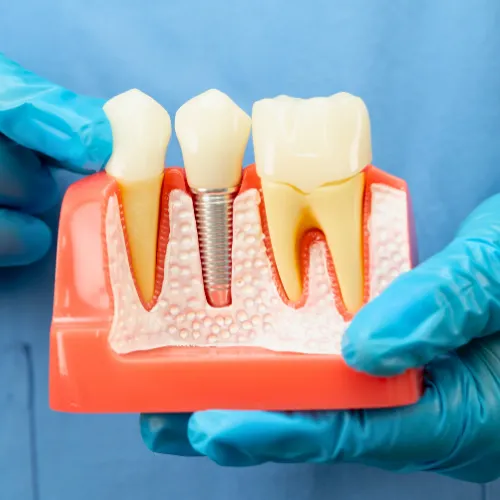

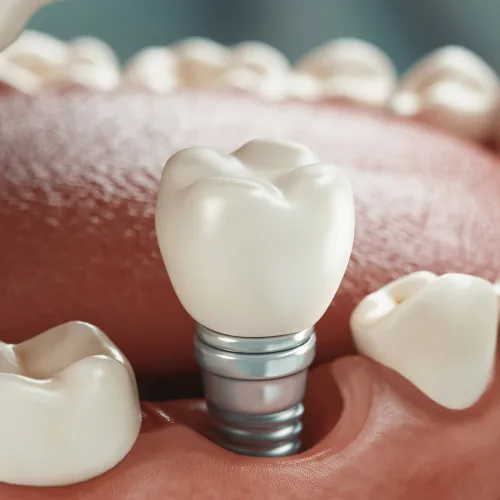
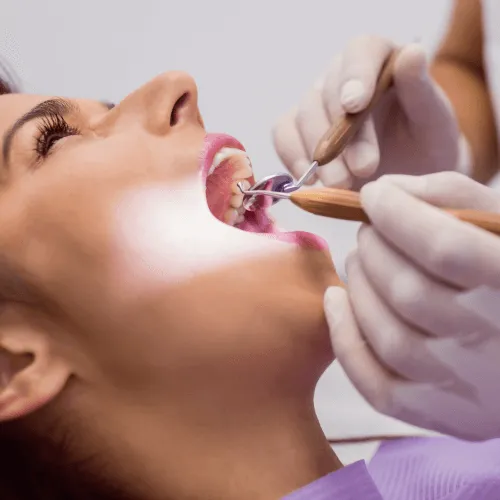
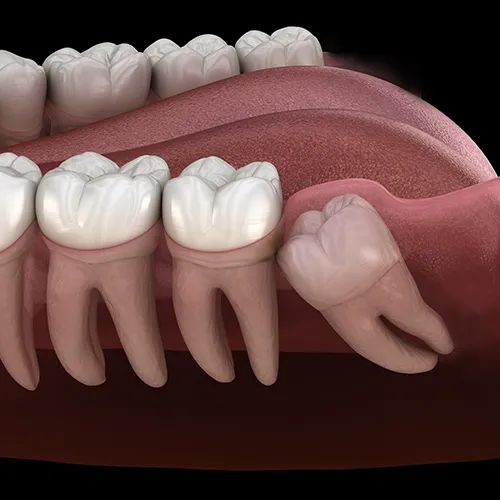

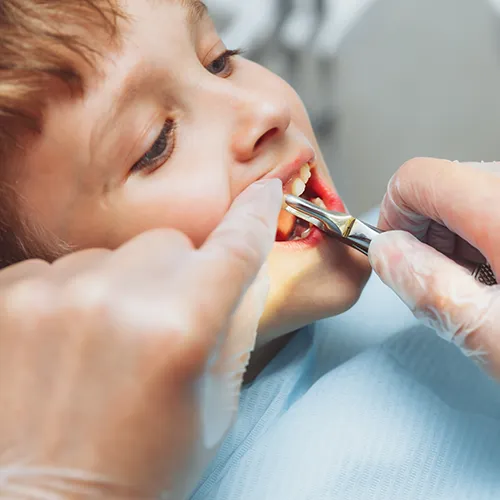
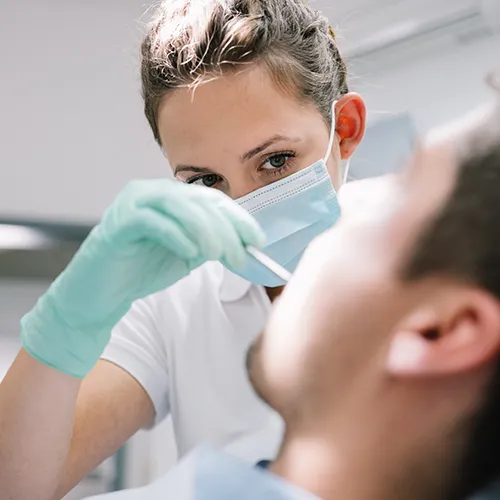


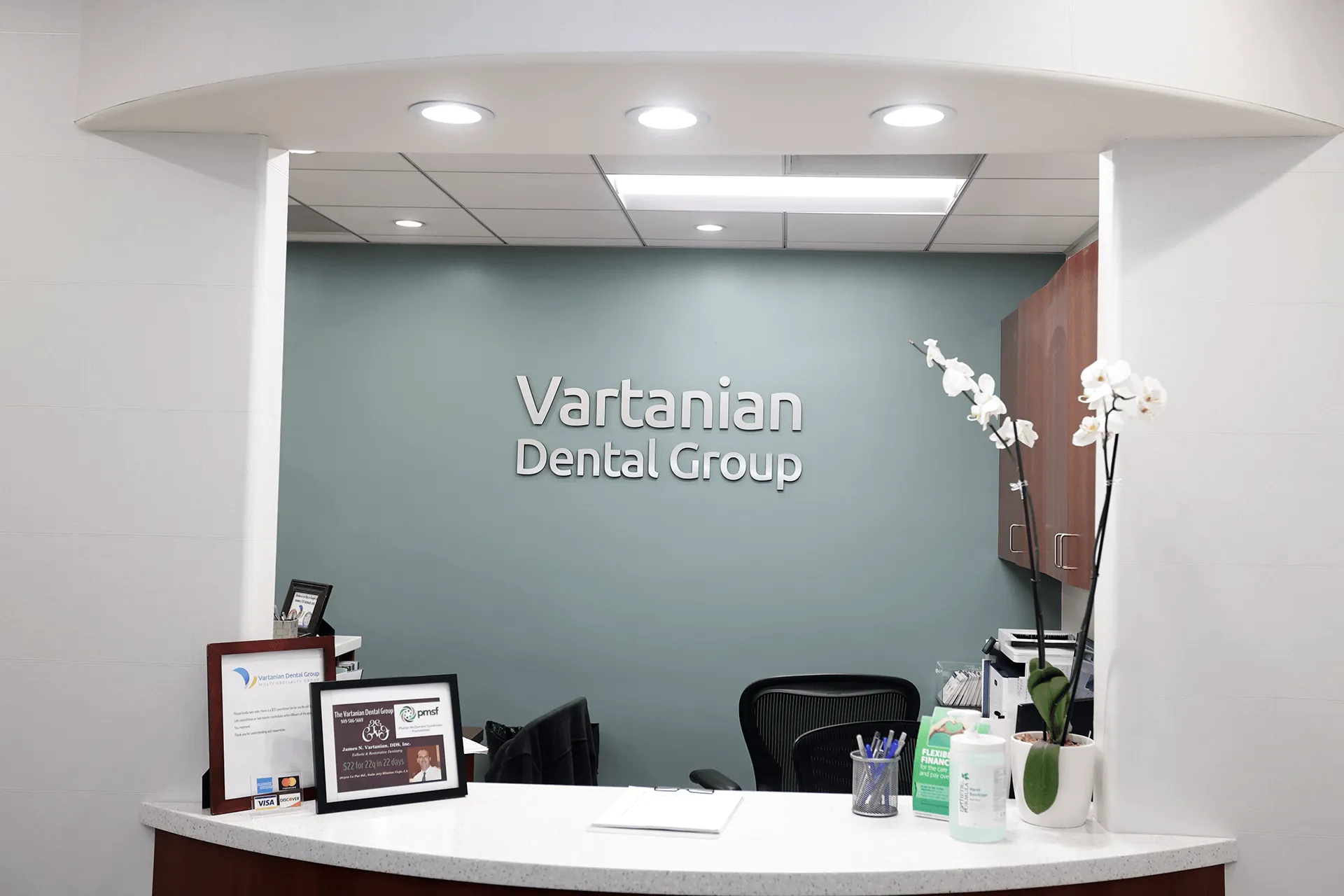
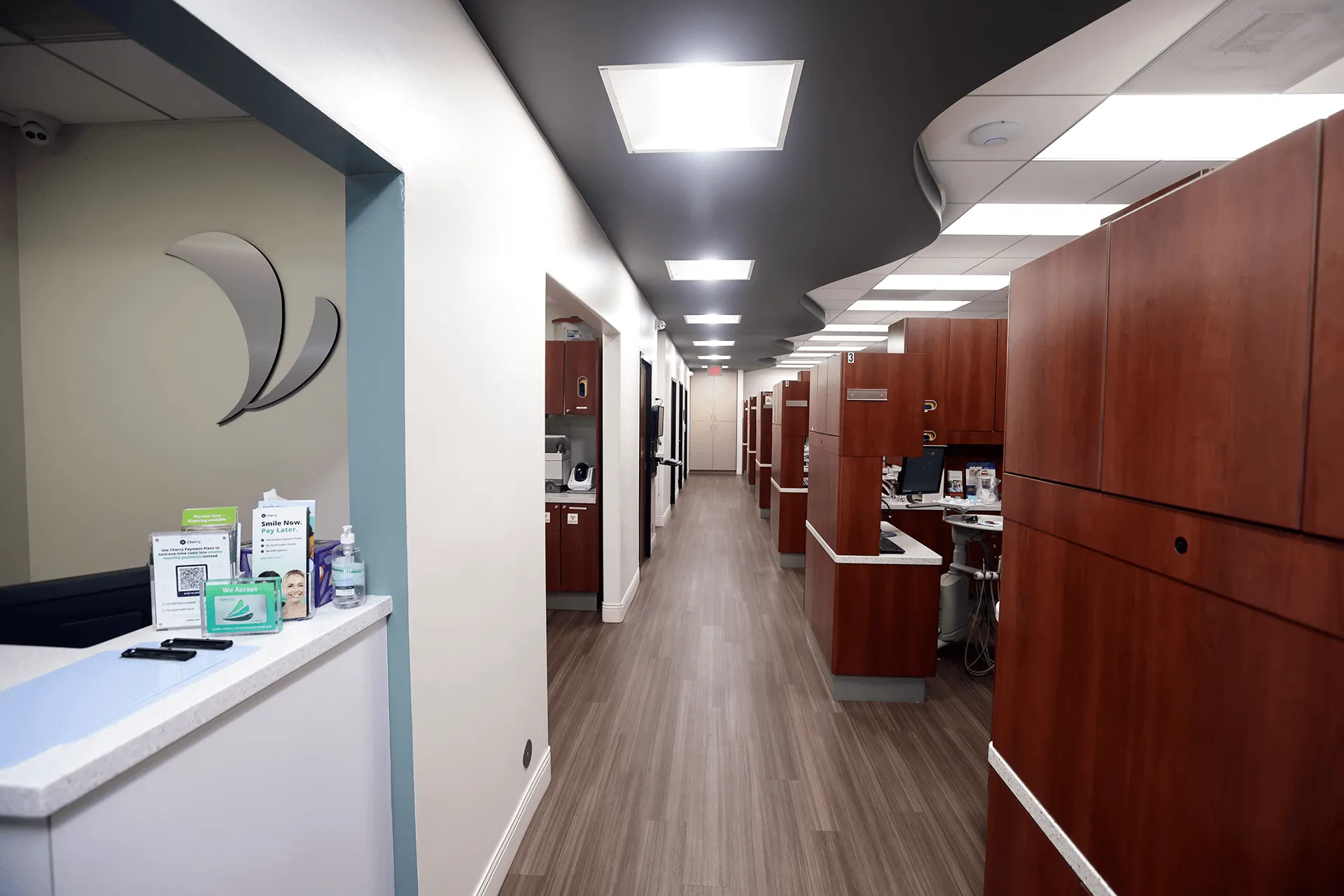
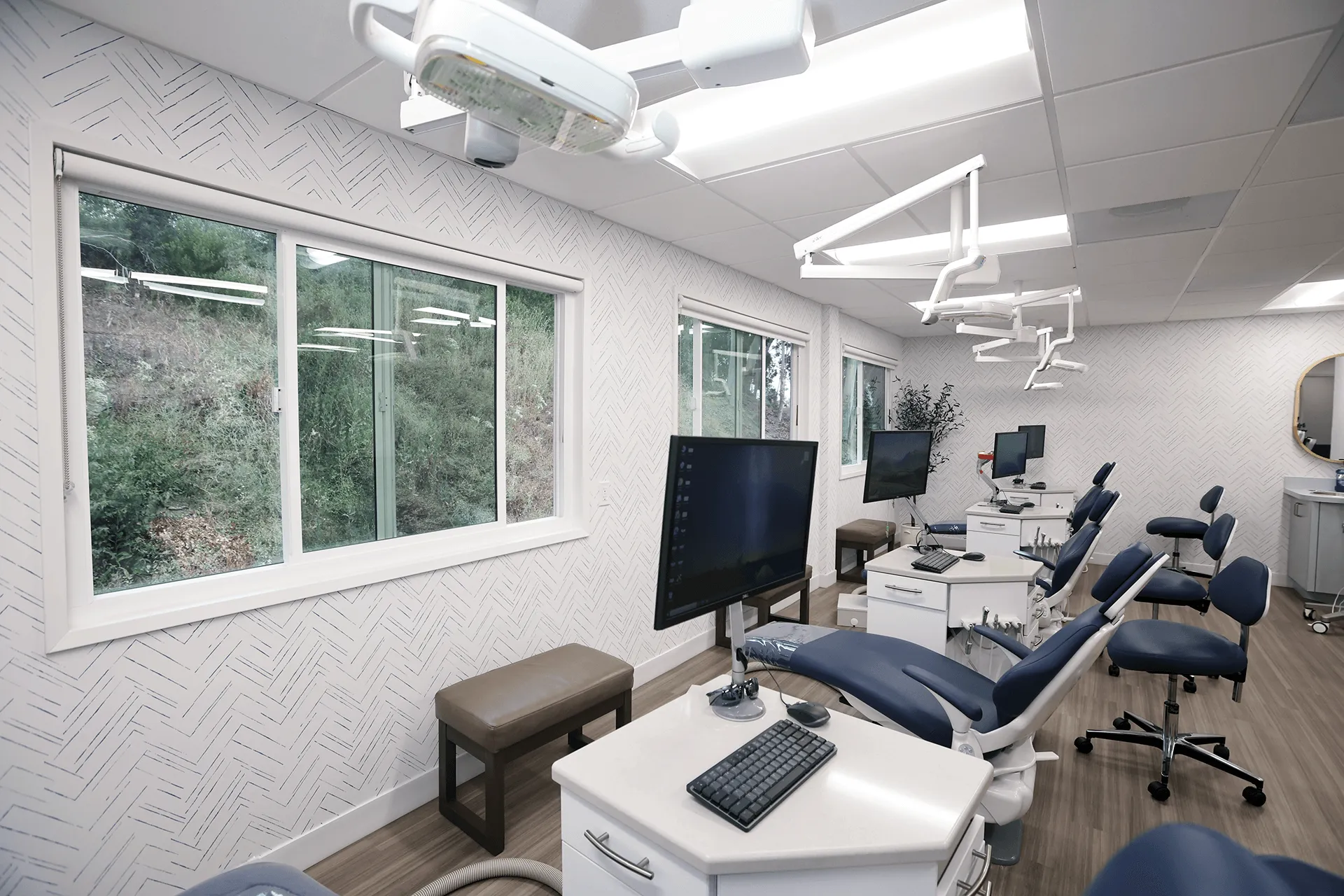
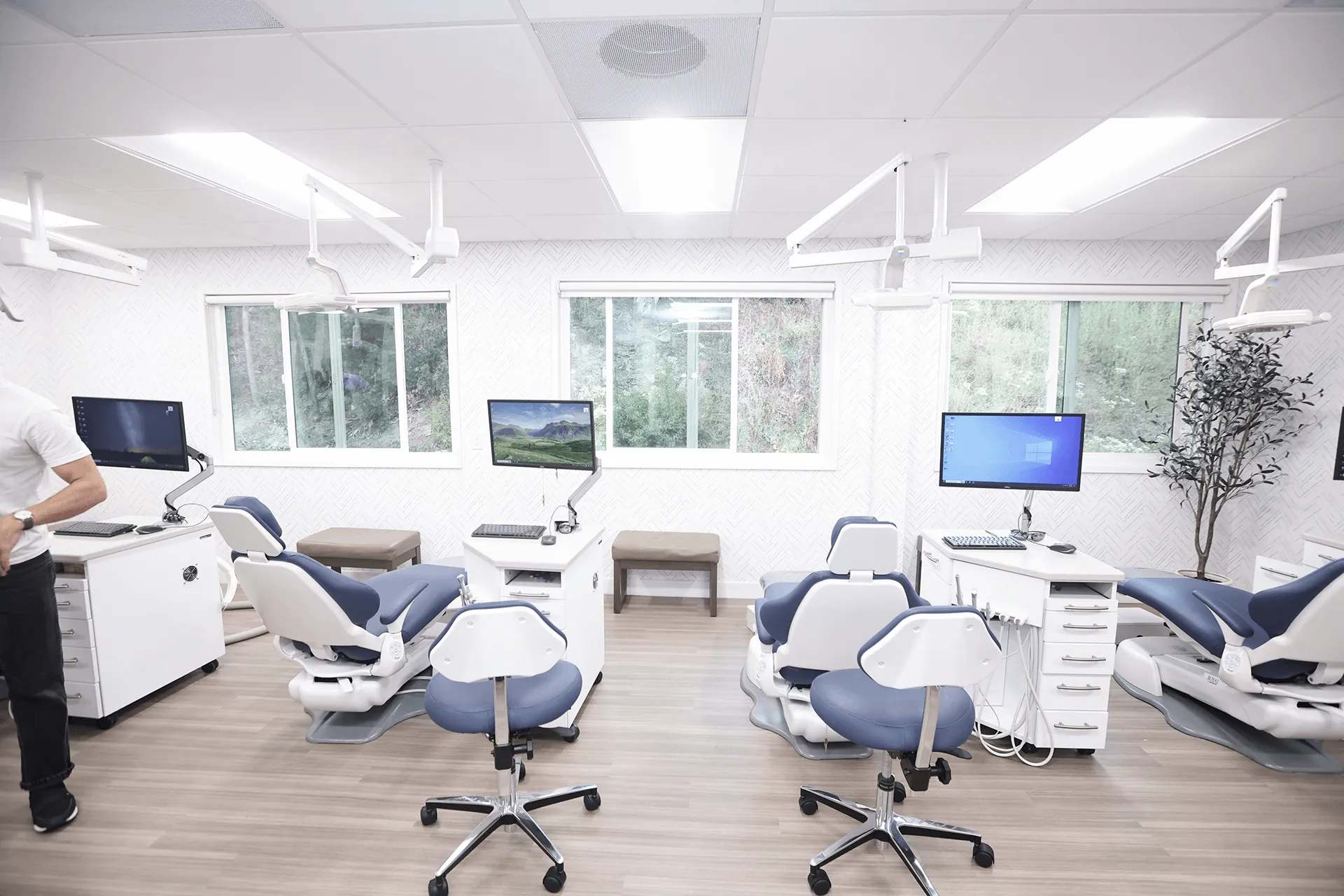
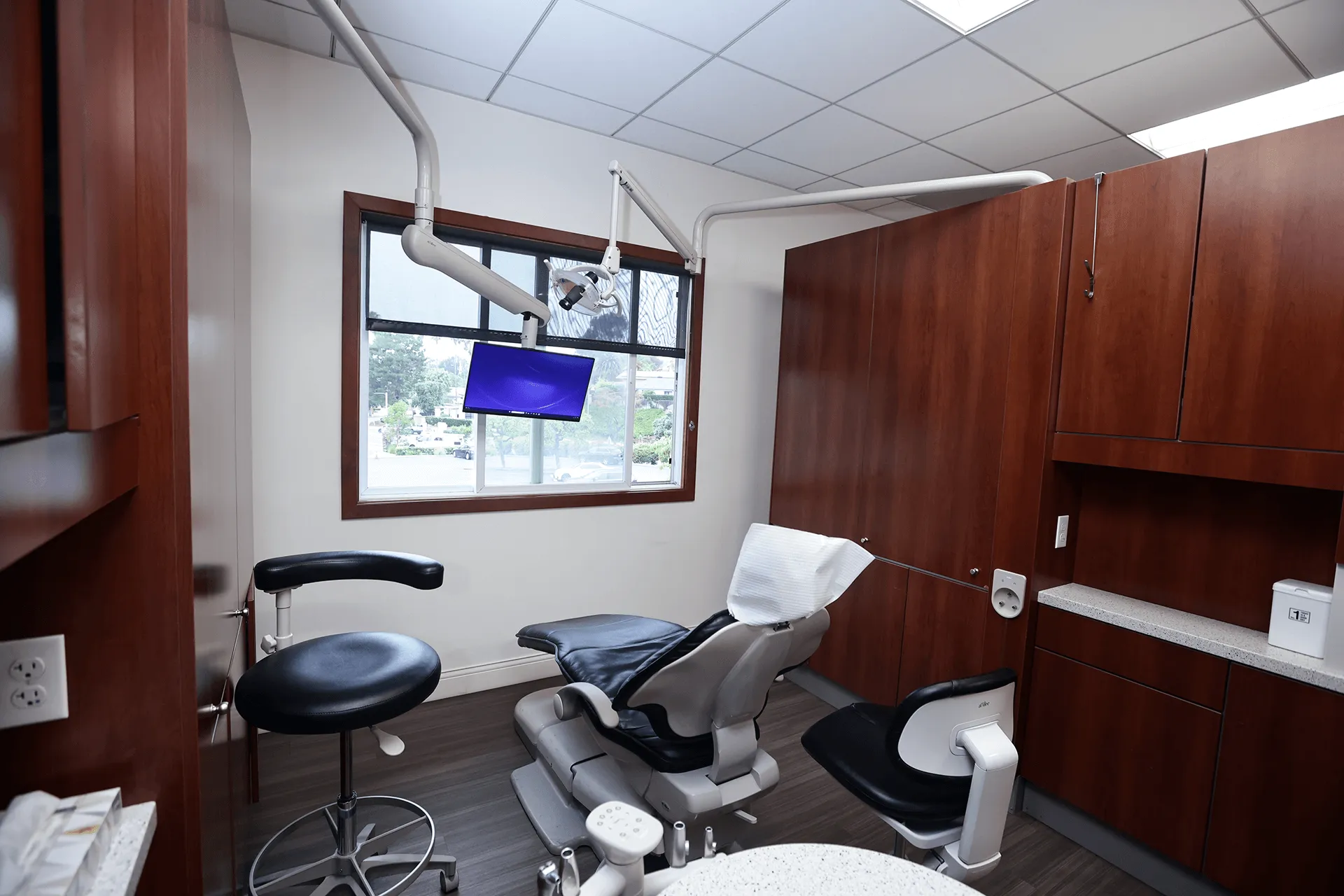















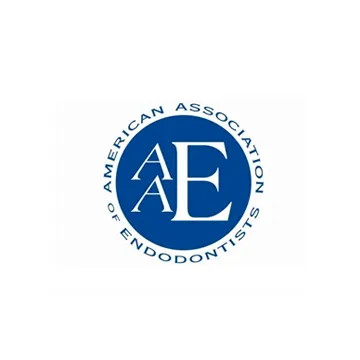


Best smiles Mission Viejo, CA
#VartanianDentalGroup
Check us out and follow our accounts on the following social media platforms for more healthy smiles....